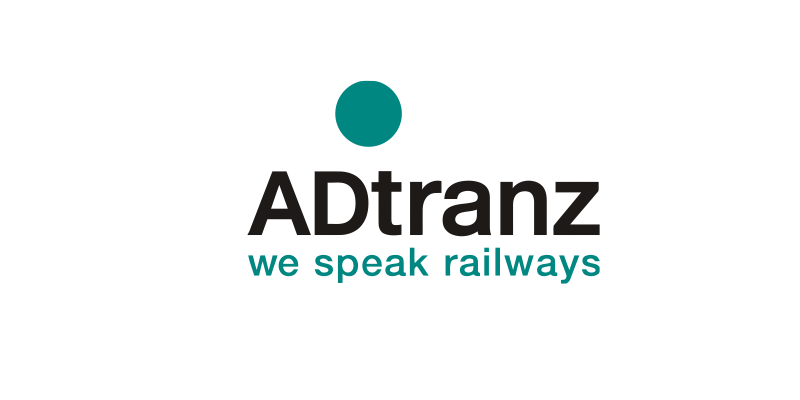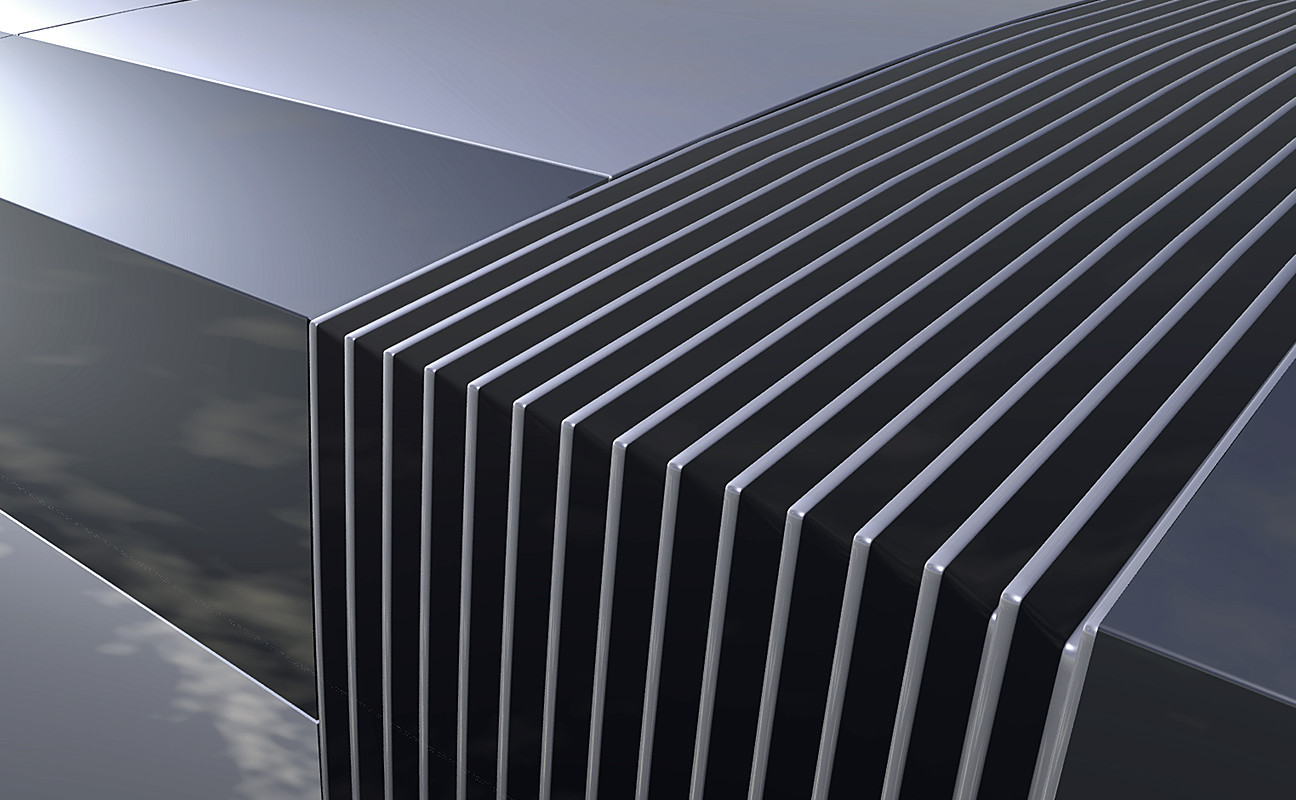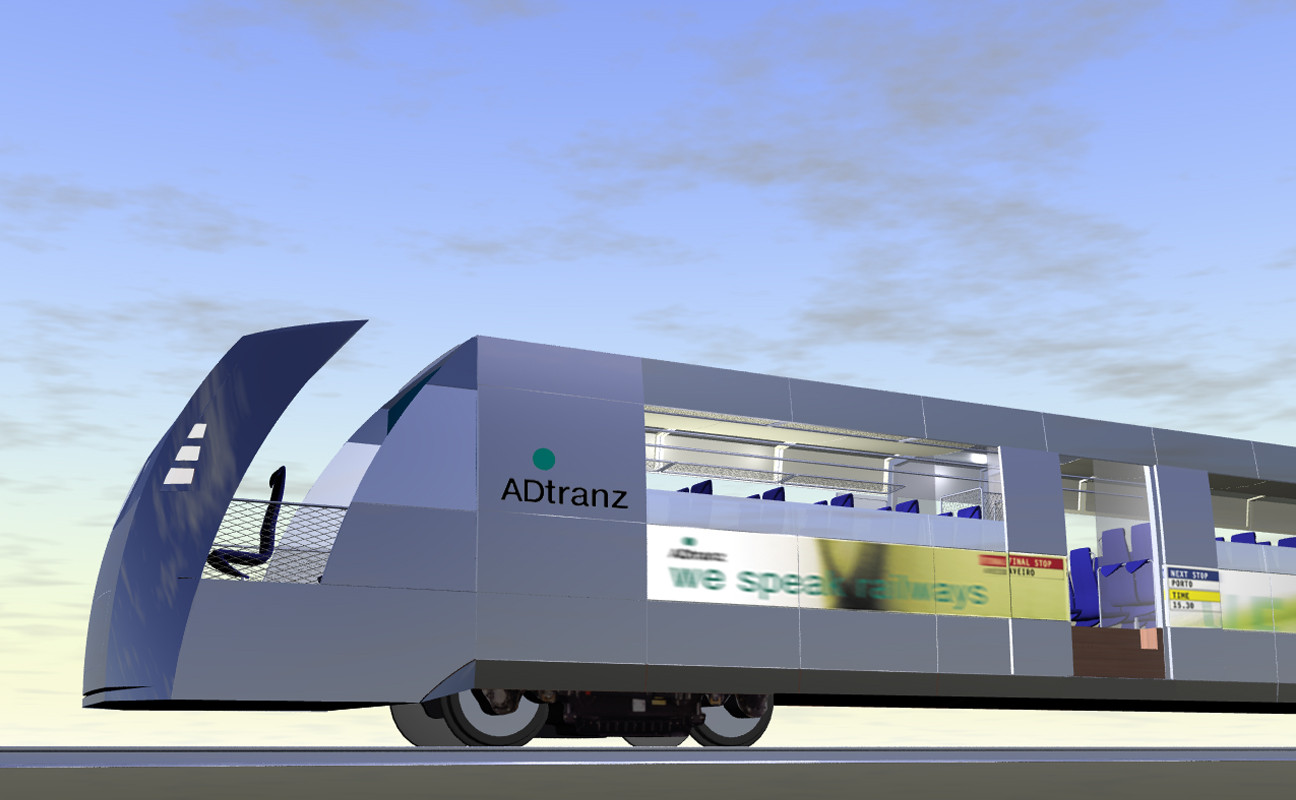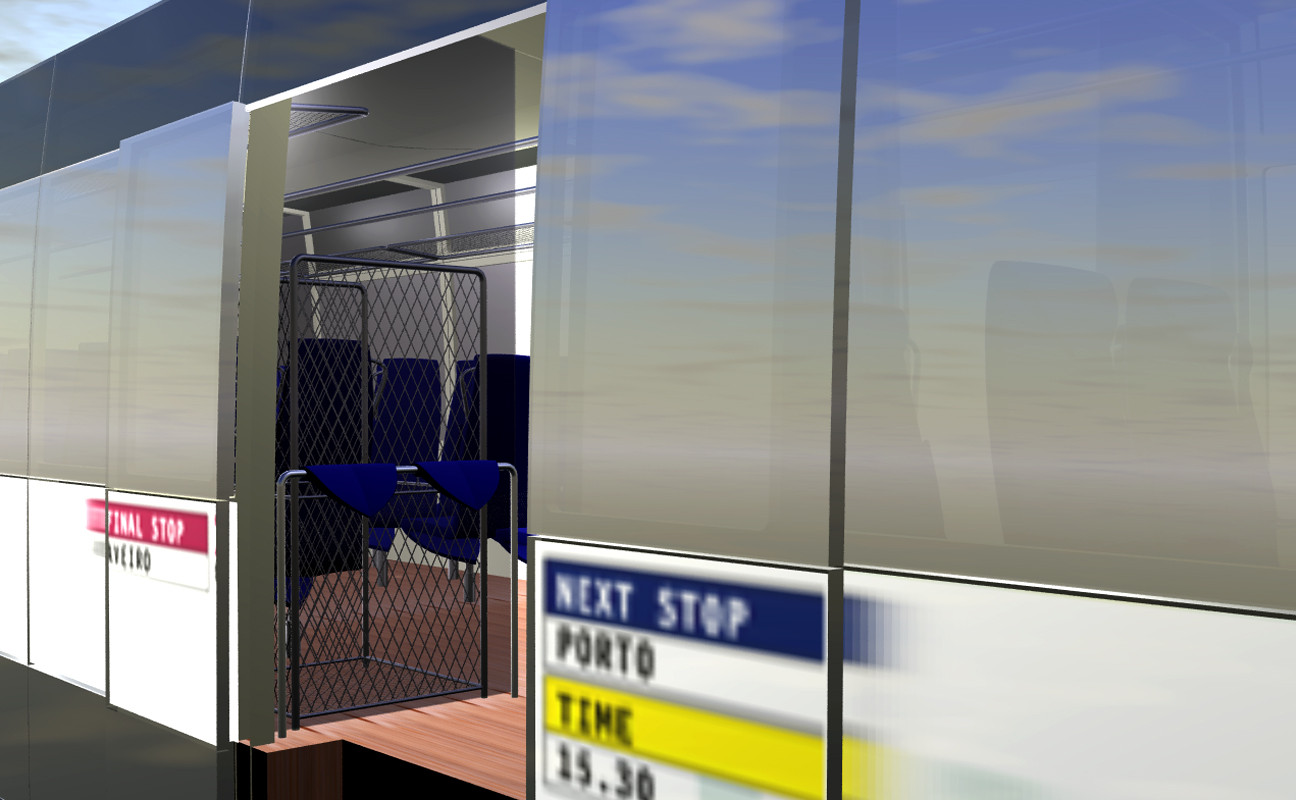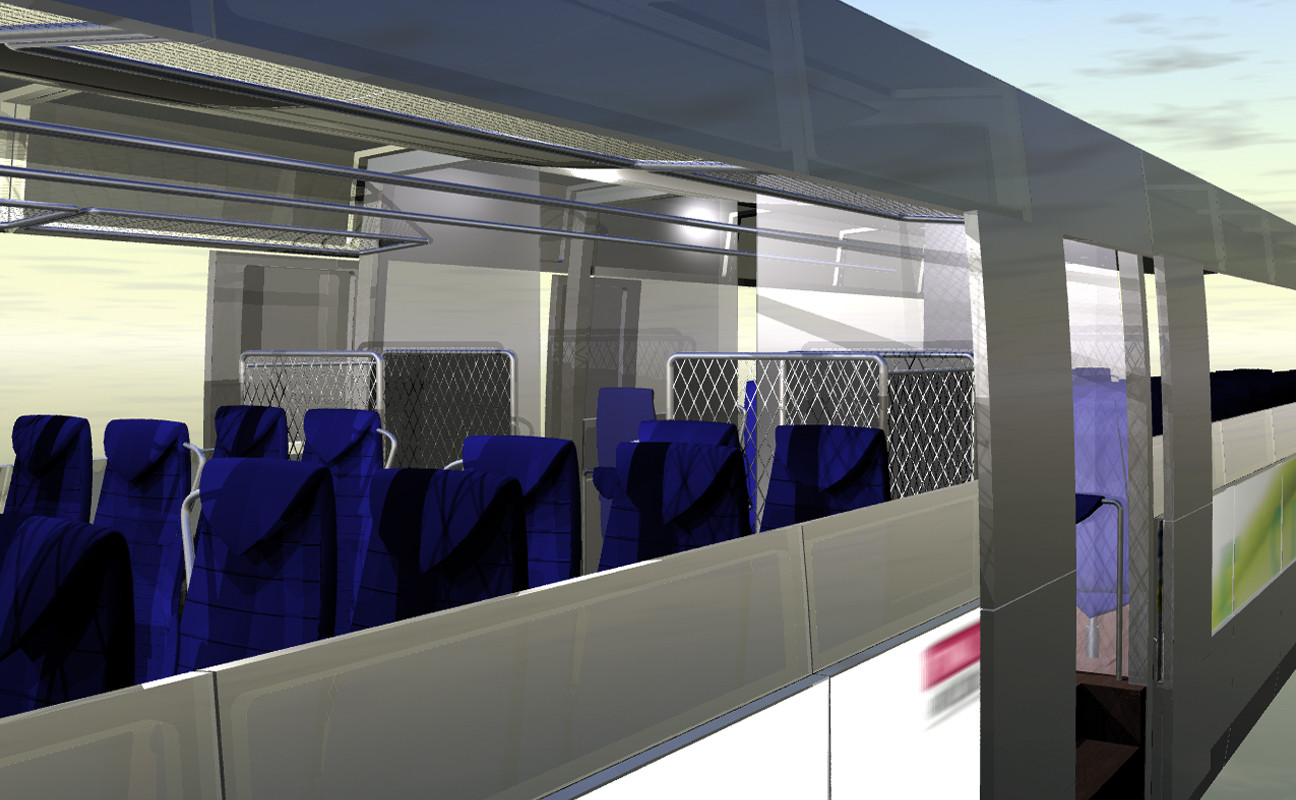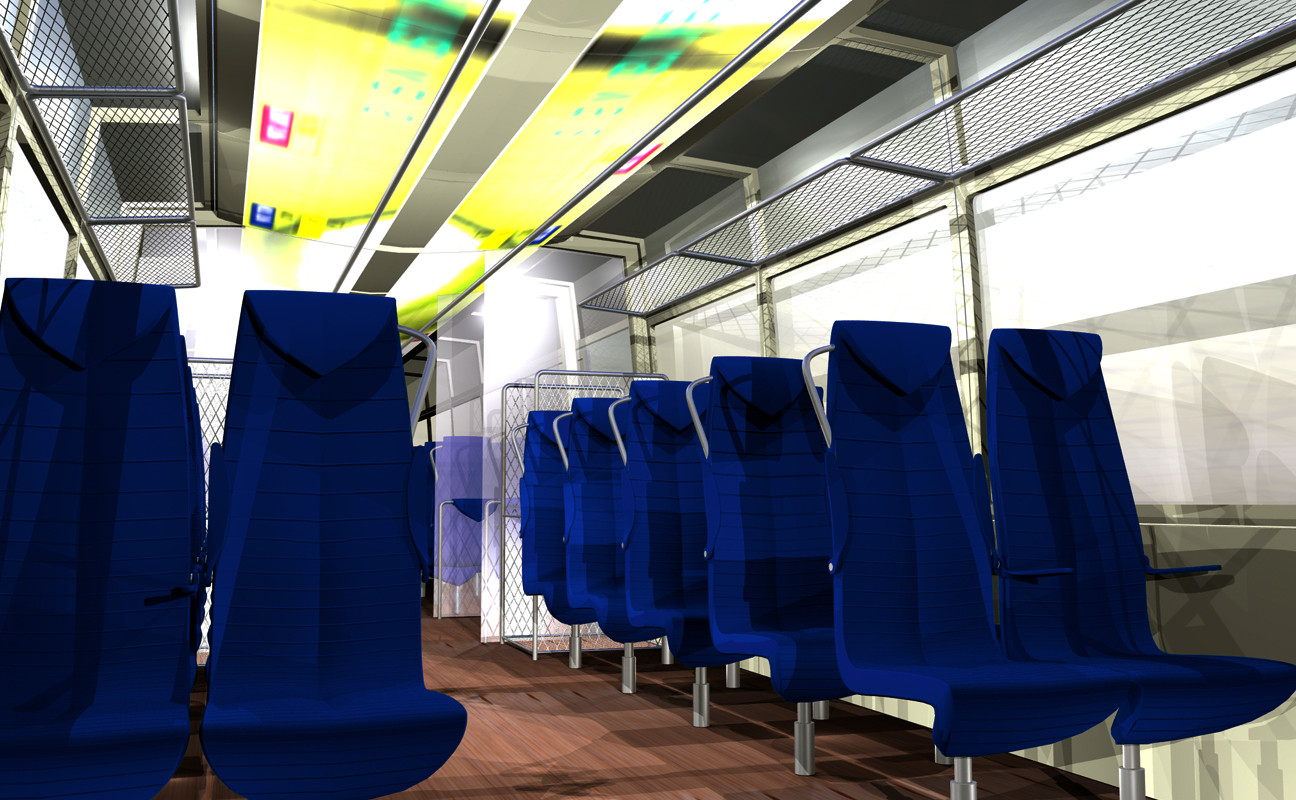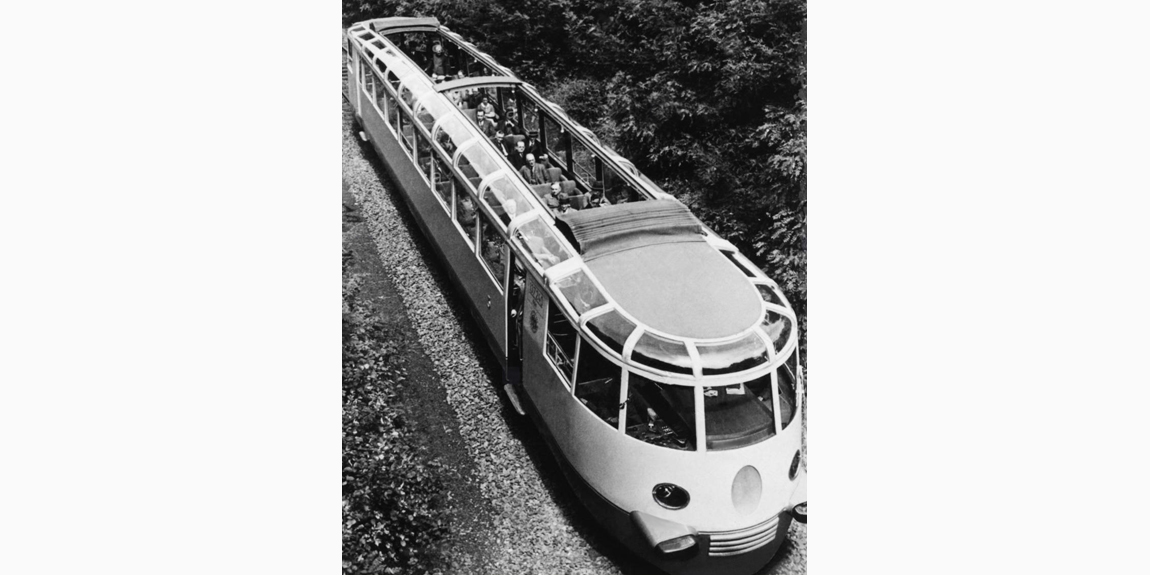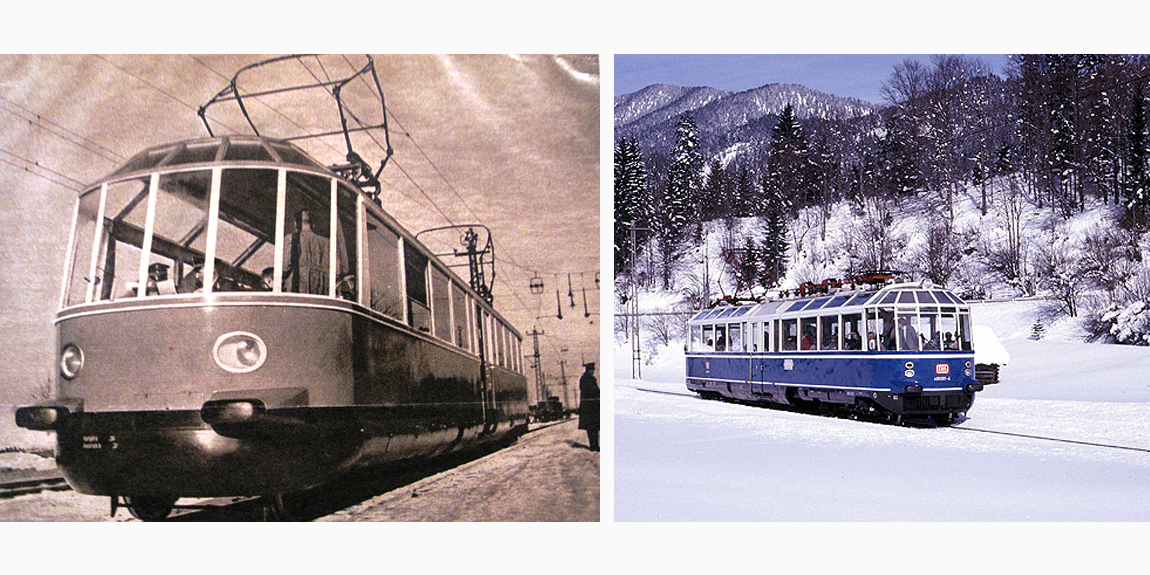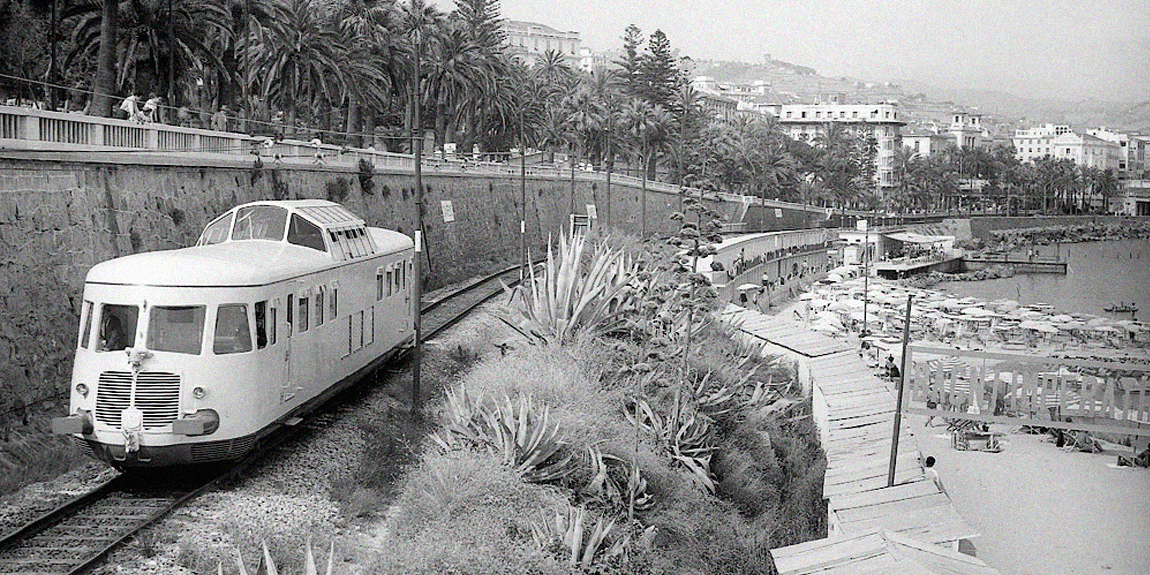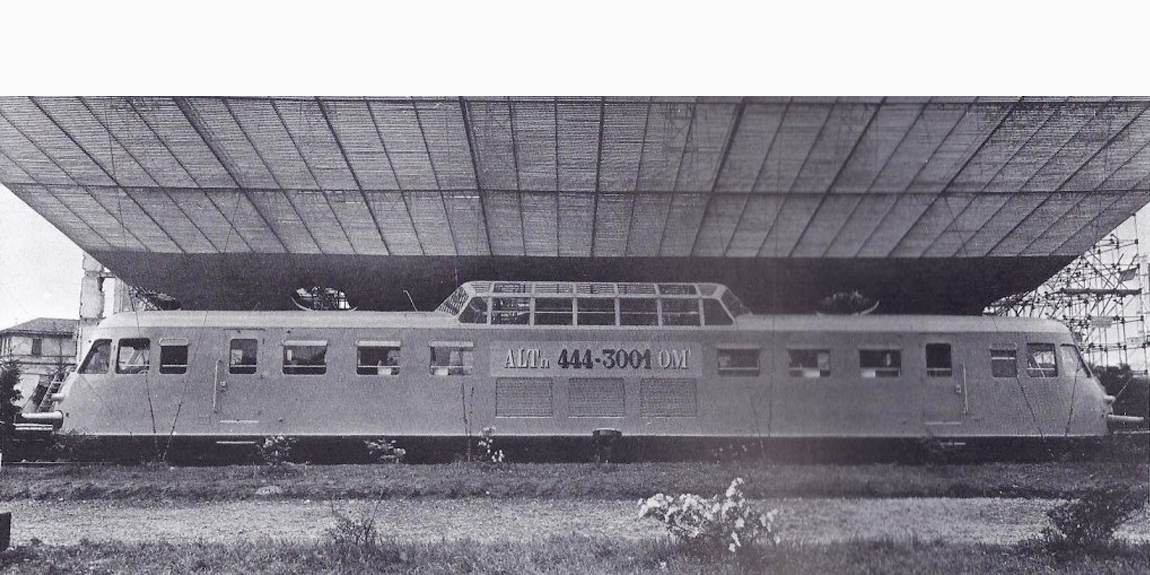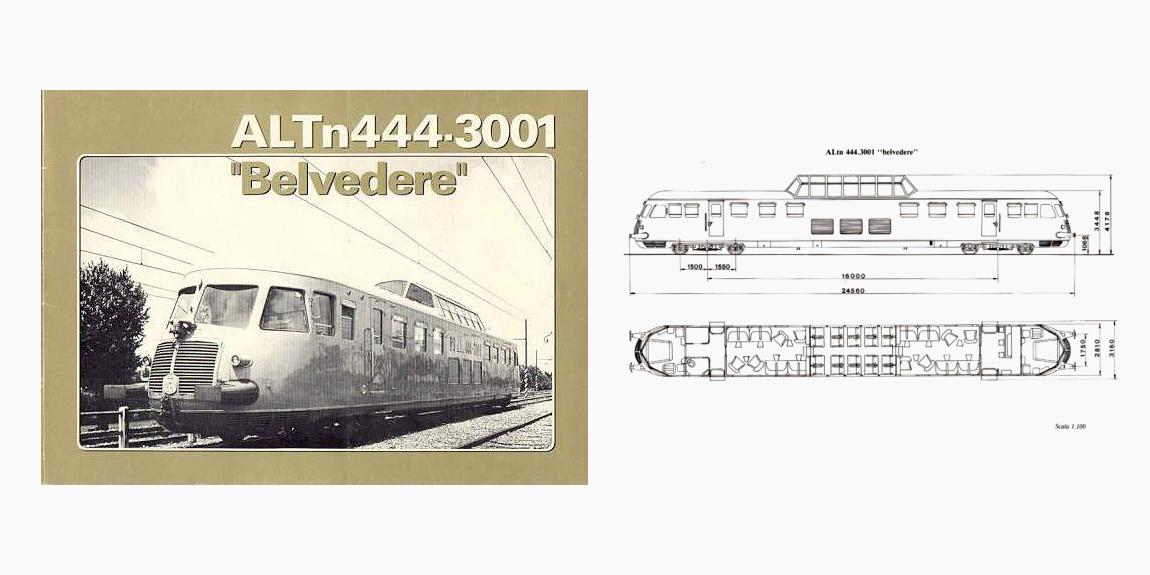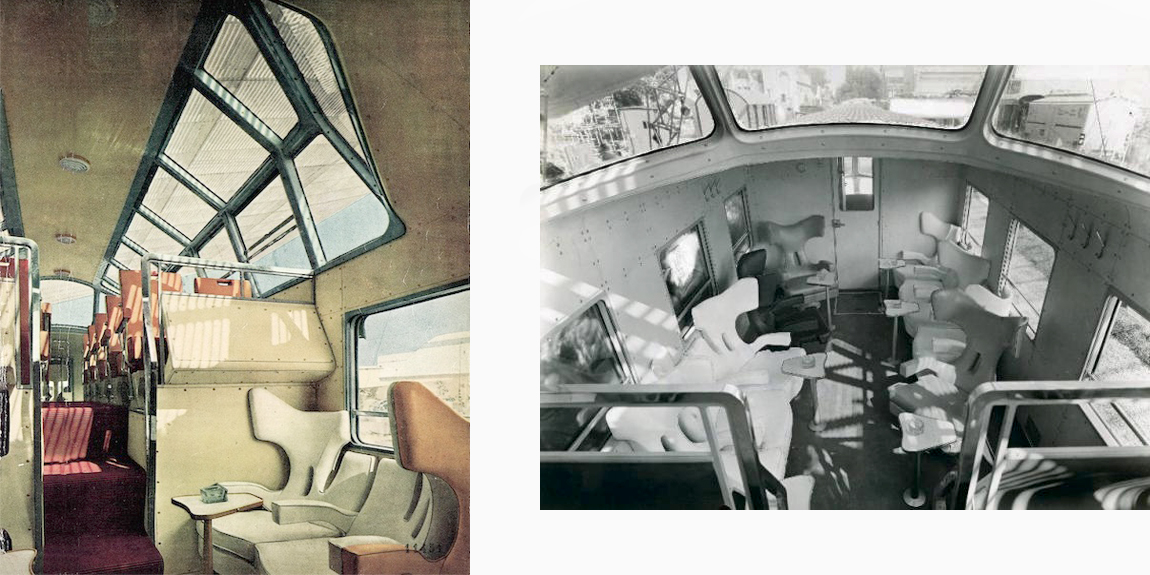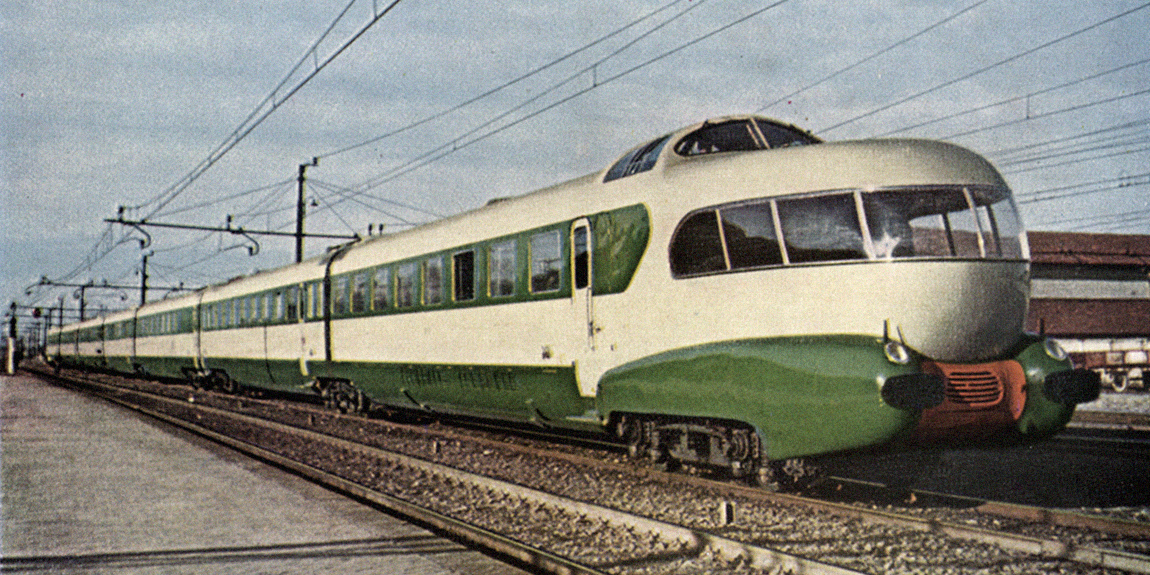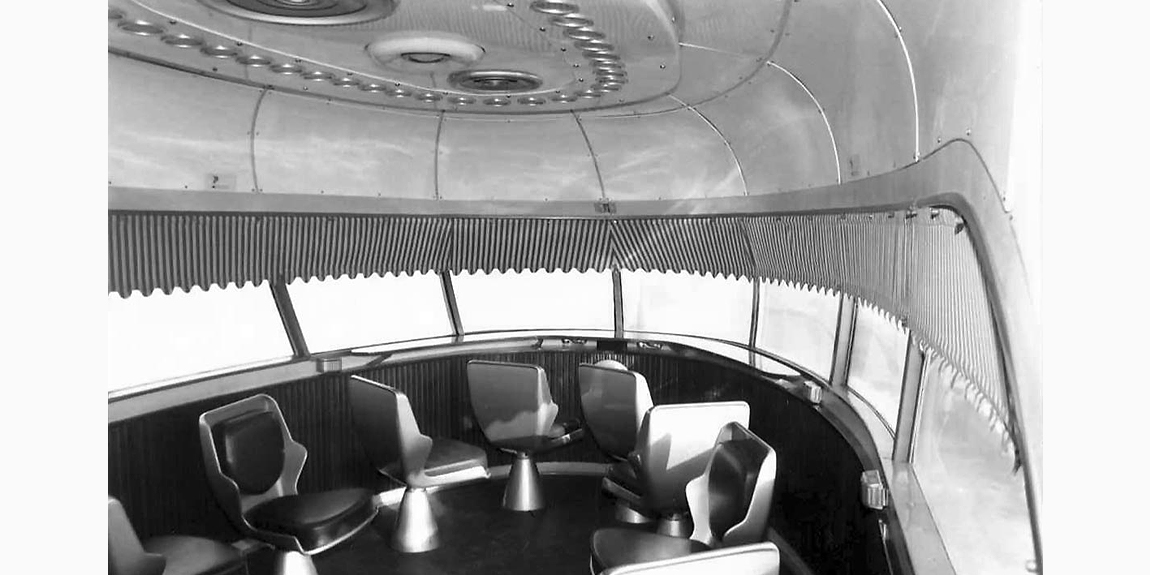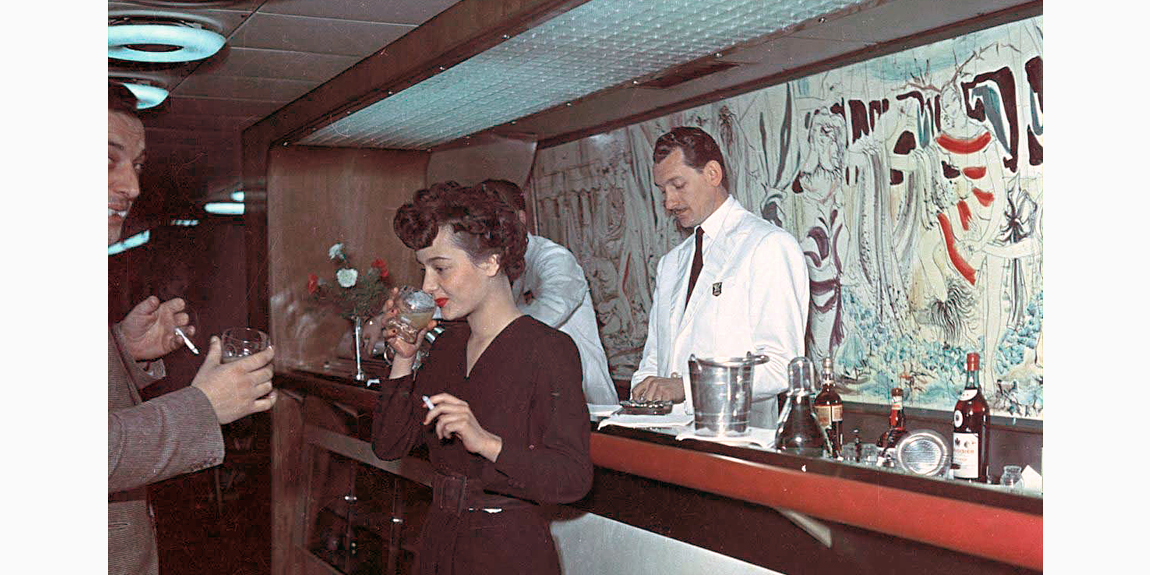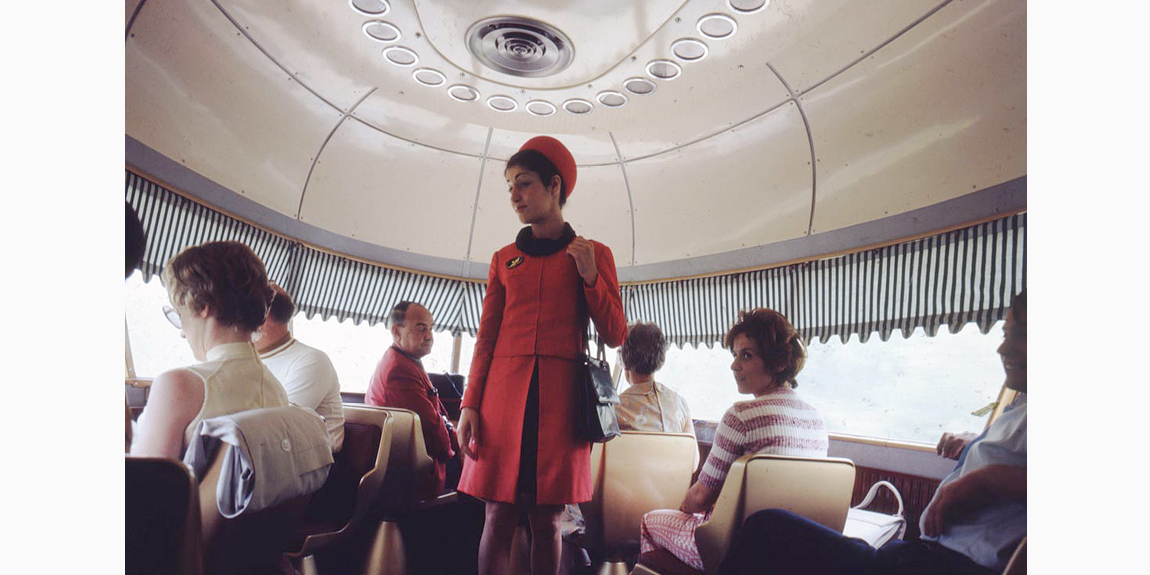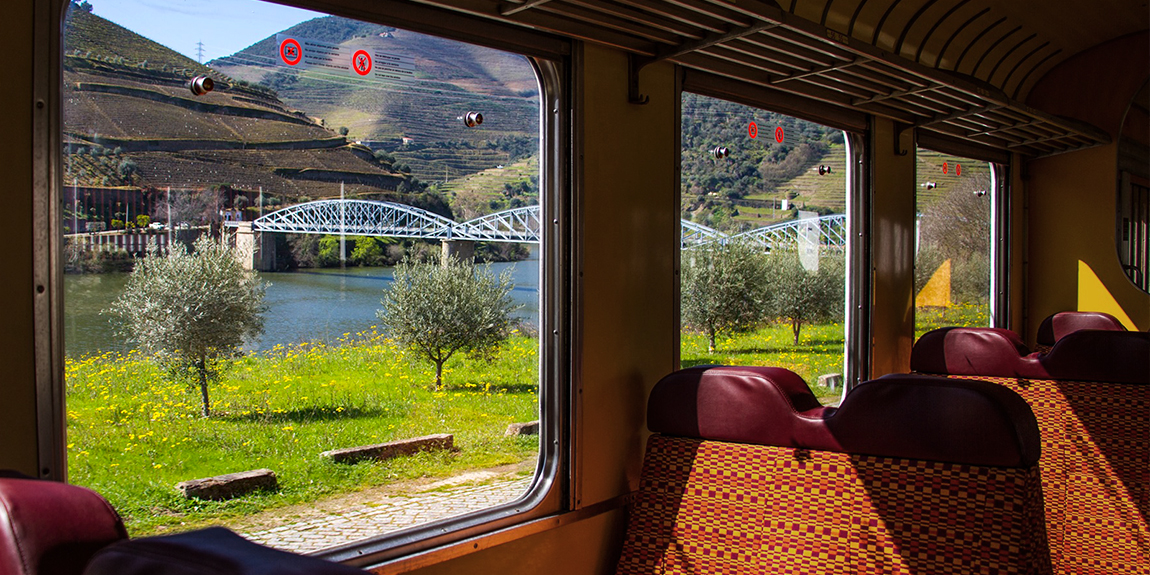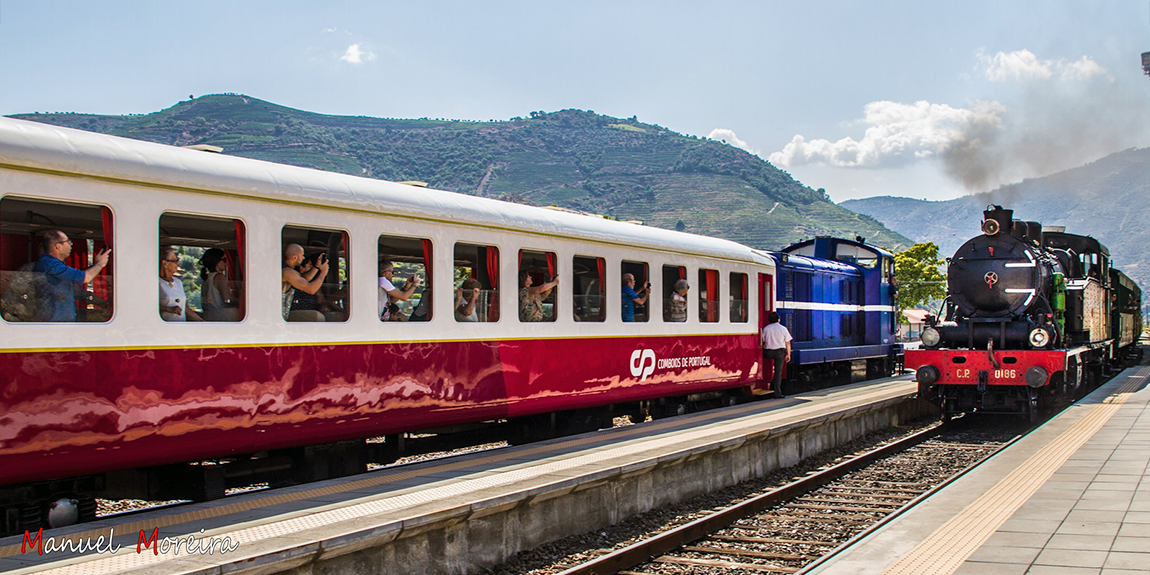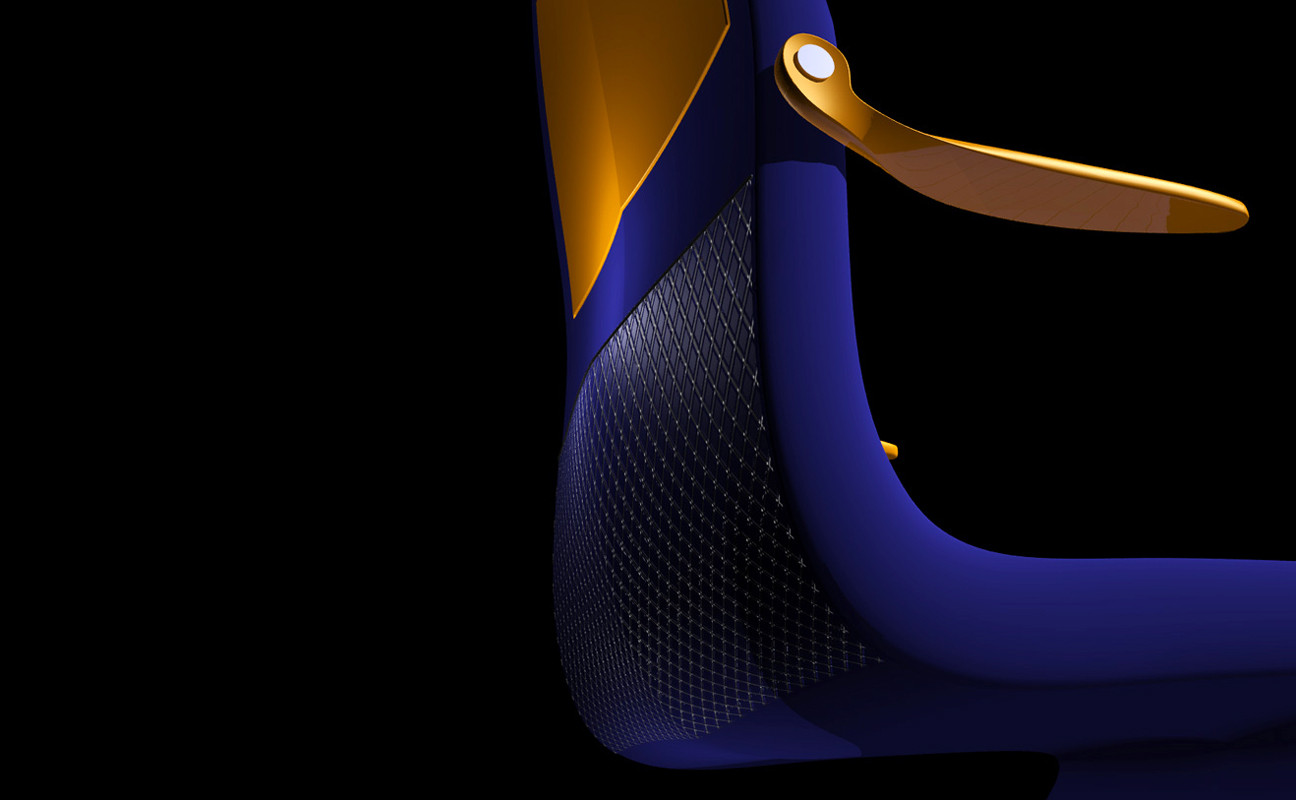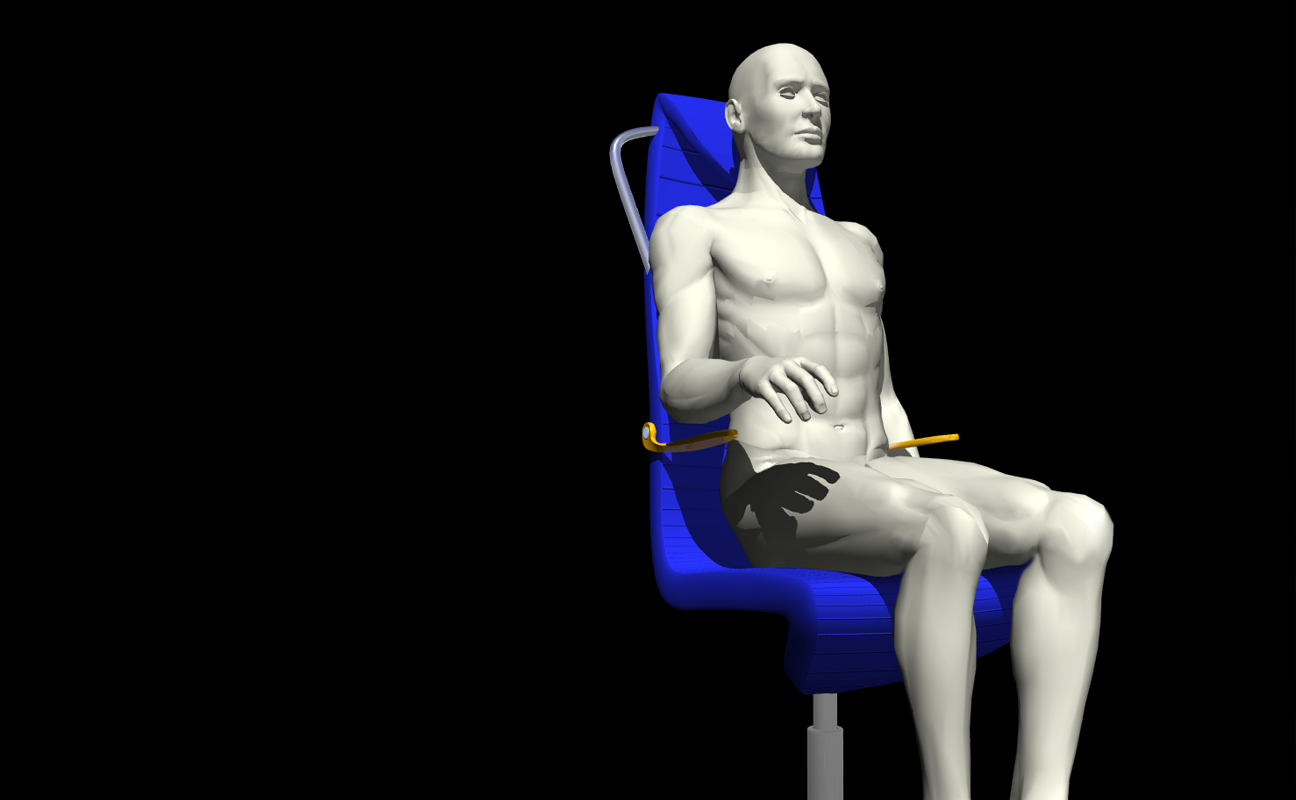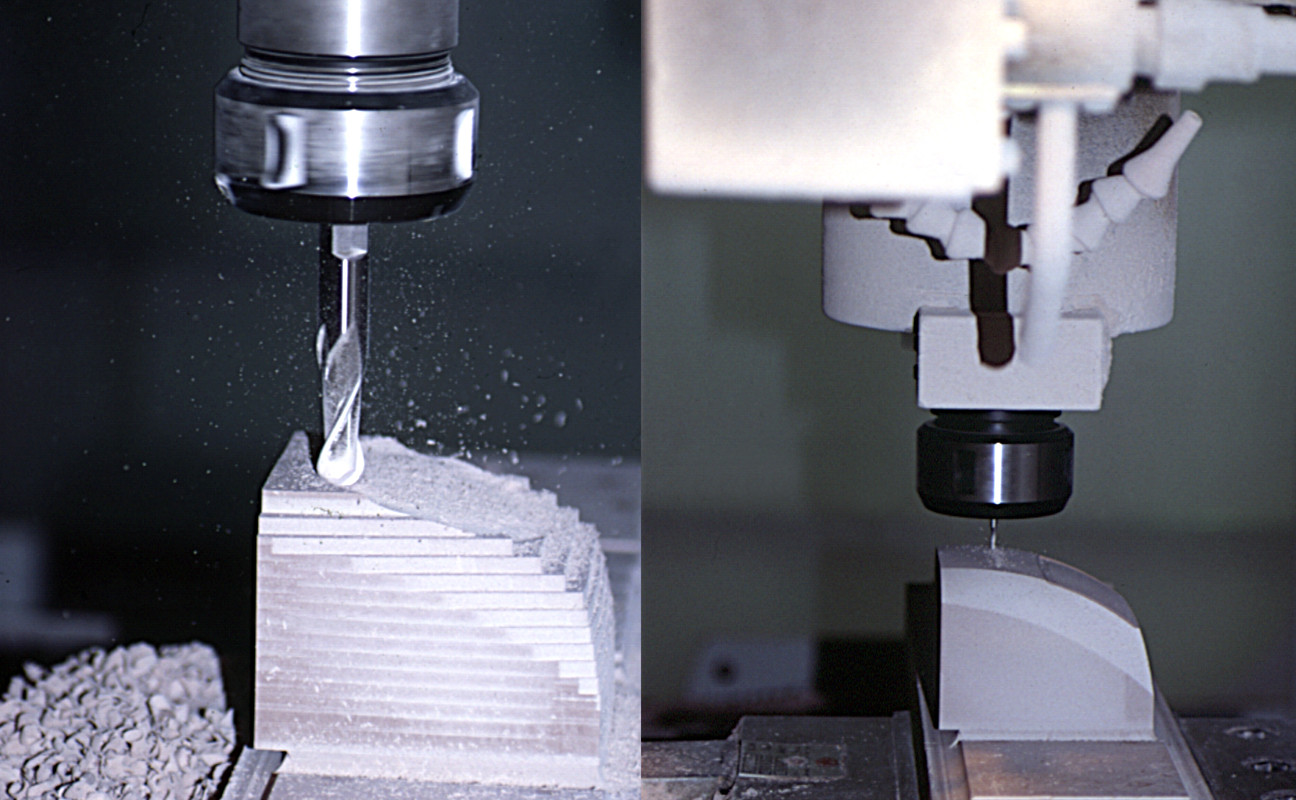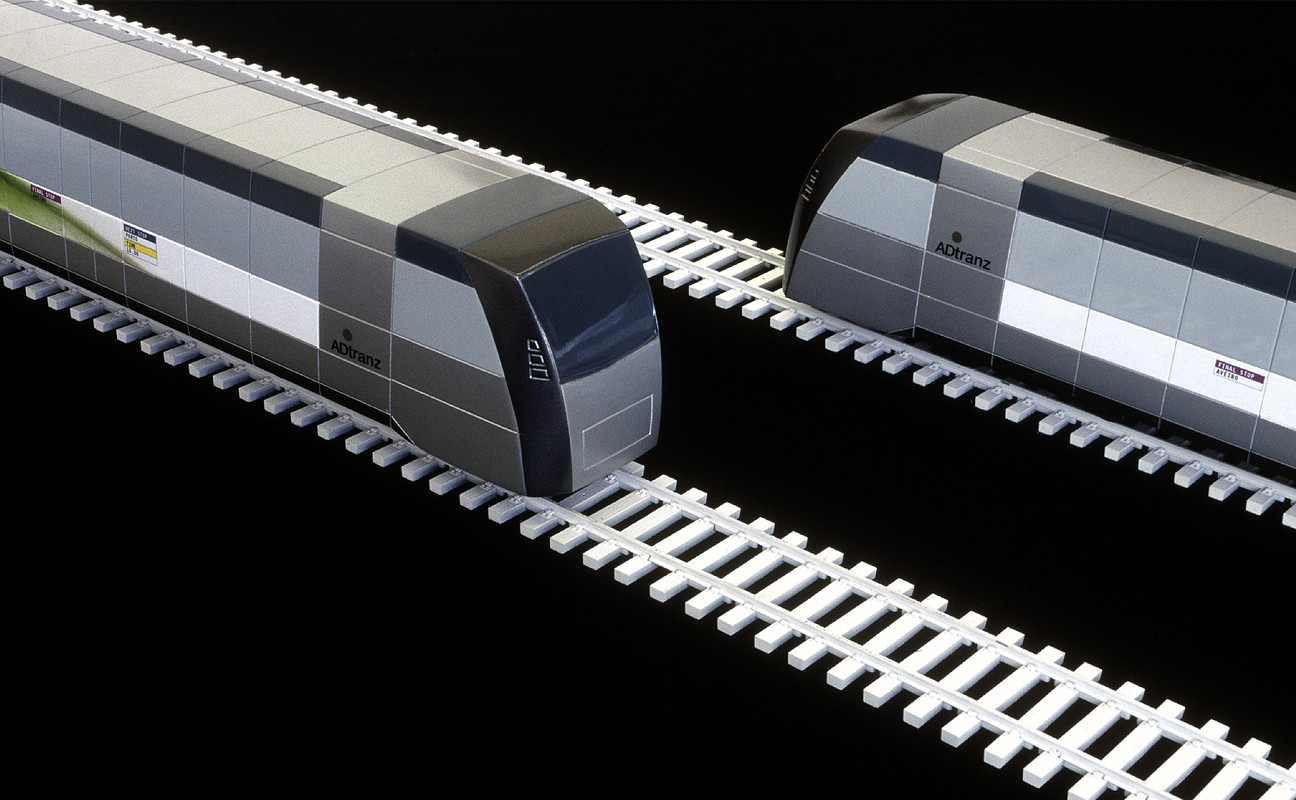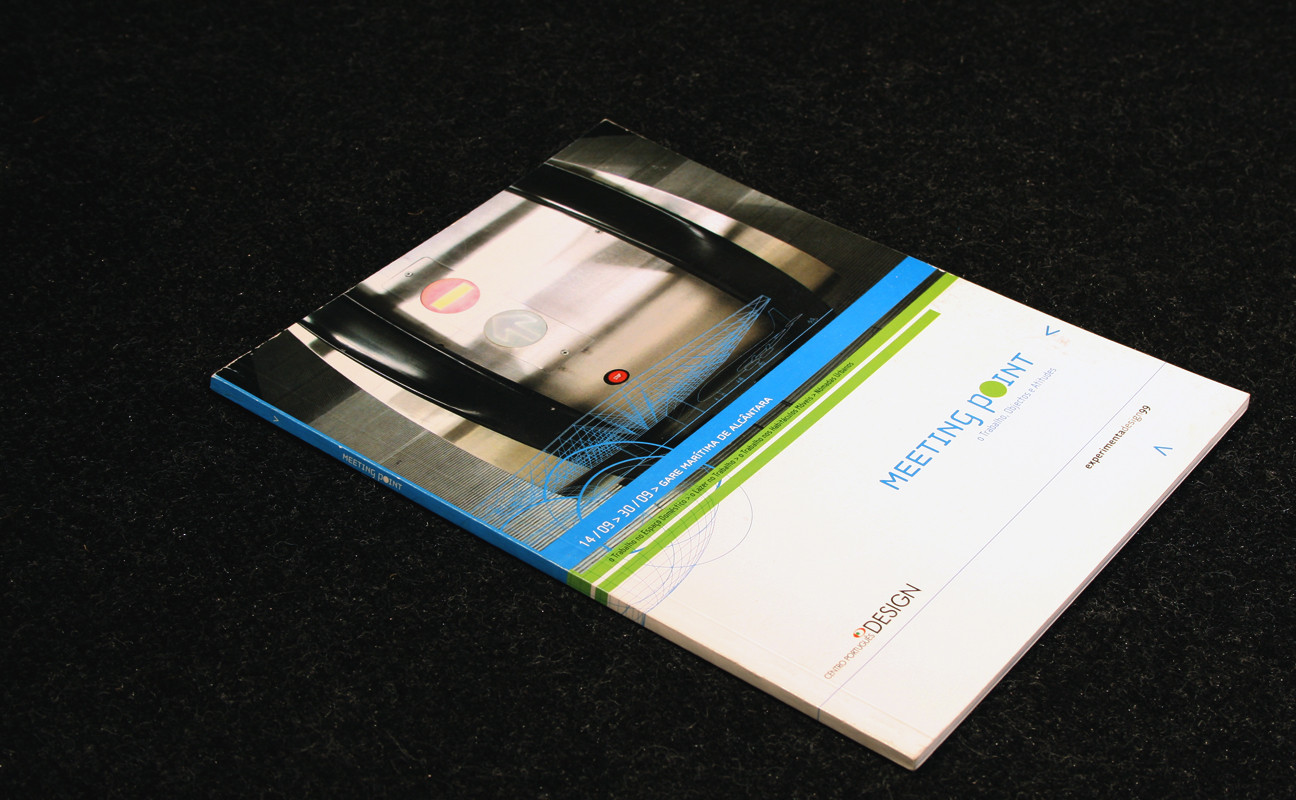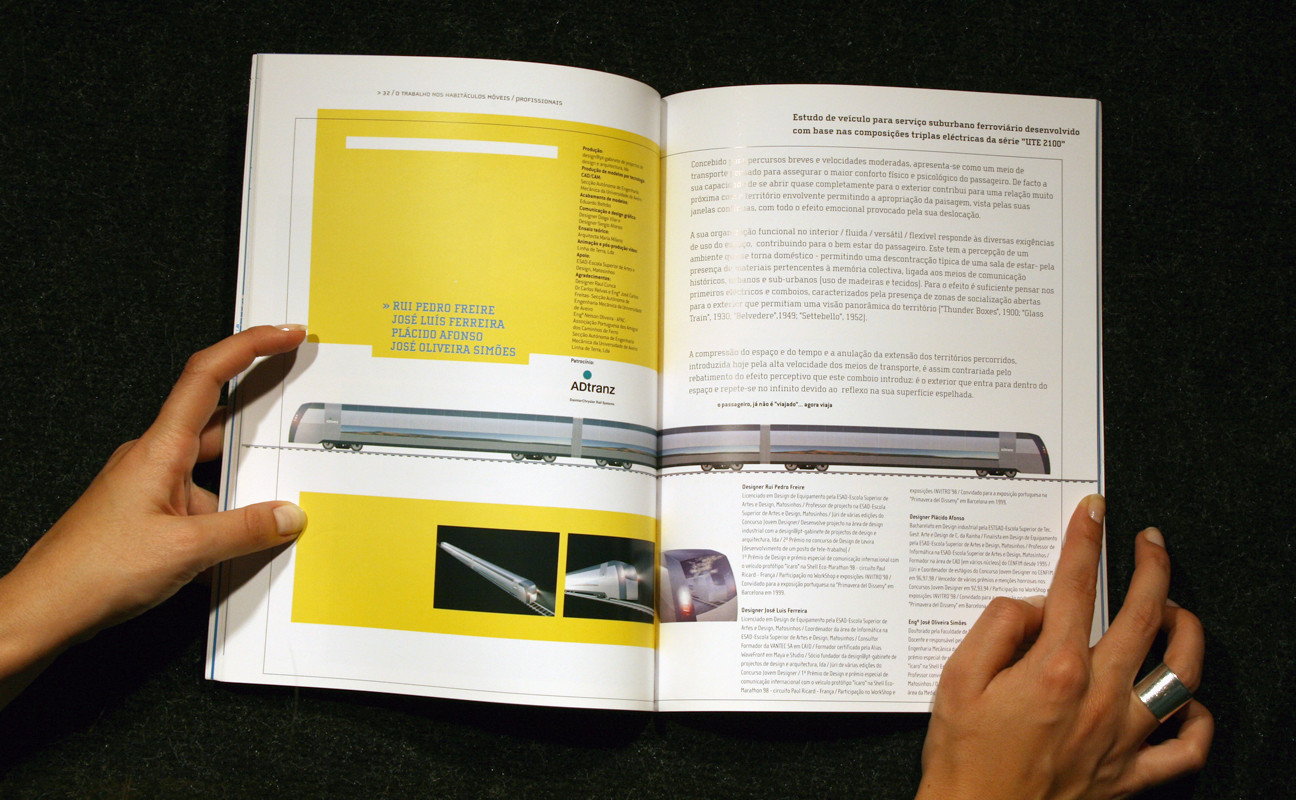PtTRAIN suburban train
Designed for short runs and moderate speed, it’s a means of transport thought to ensure greater physical and psychological comfort to the passenger.
In fact, its ability to open itself almost entirely to the exterior contributes to a closest relationship with the surrounding space. In this manner, and because of its continuous windows, you can enjoy the landscape and the emotional effect provoked by its displacement.
Texts by Maria Milano.
job briefing
Study of a vehicle for suburban railway service based on electric triple compositions of “UTE 2100” from CP – Portuguese Railways
project details
scope
By invitation
client
ICEP
collaboration with
José Ferreira, José Simões, Rui Freire
date
1999
PtTRAIN
Its functional organization in the interior / fluid / versatile / flexible responds to the diverse demands of use of the space, contributing to the well-being of the passenger. This has the perception that they become domestic – facilitating a typical relaxation of a living room – by the presence of belonging to collective memory, linked to historical, urban and sub-urban transport (use of wood and fabrics).
The passenger is no longer "traveled"... now he travels.
The compression of space and time and the dissolution of the extension of the territories covered, intruded today by the high speed, is thus counteracted by the rebound of the perceptual effect that this train introduces: it is the exterior that enters “into the space” and repeats itself at infinity due to the reflection on its mirrored surface.
PtTRAIN . Historical references.
Paradigmatic examples from the 20th century, trams and trains, are considered, highlighting the presence of socialization areas open to the outside that allowed a panoramic view of the territory (“Thunder Boxes”, 1900; “Glass Train”, 1930; “Belvedere”, 1949; “Settebello”, 1952).
“Meeting point – O trabalho, Objectos e Atitudes”
Project promoted and coordinated by CPD – Portuguese Design Centre, that challenged professional designers, stylists and students to present their work under the theme “Work, Objects and Attitudes”.
“Meeting point – O trabalho, Objectos e Atitudes”
Scop: experimentadesign99
Promoter: CPD – Centro Português de Design
Curators: Pedro Brandão, Raul Cunca, Miguel Rios
Sponsor: ADtranz
Exhibitions
1999
“Meeting point – O trabalho, Objectos e Atitudes”
experimentadesign99
Gare Mar. Alcântara, Lisboa, Portugal




